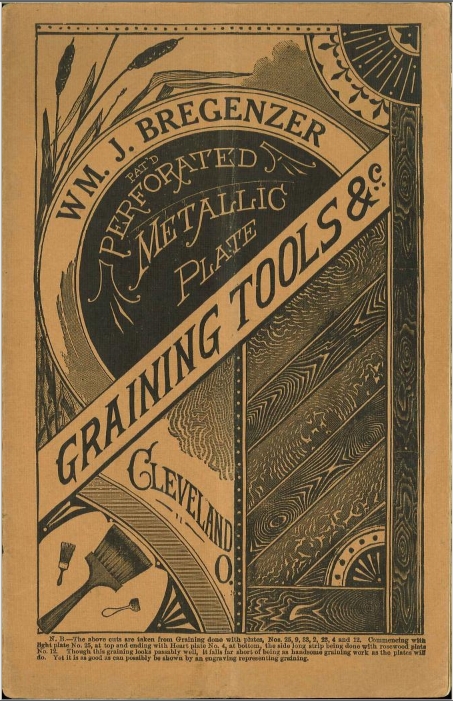Yep when the going gets weird, the weird turn pro … Here we are, shaking our heads in amazed disbelief that now a fast-food chain purveying tasty chicken entrees, distinguished among other fast-food outlets only for a corporate policy of being closed on Sunday and a rather witty advertising series featuring illiterate cows urging us to eat chicken … is the hill to be defended in the culture war. That would be the newly-vicious cultural war between the forces of tolerant political correctness and those conservative and libertarian defenders of free-market principles as well as the freedom of belief and expression. Most of us of that persuasion are actually rather stunned at how suddenly Chick-Fil-A is now the demon that must be defeated! And defeated by any means, fair, foul, shrill or underhanded as is required by the mission, naturally. Is there some PC target of the week decided upon? Last time I looked around it was the Koch Brothers who were the Goldstein o’the Week. One can hardly keep up without a scorecard.
Advertising
The Politics of Politics
I don’t remember why I took Debate 101 my sophomore year of high school.
I’m not an enthusiastic public speaker nor was I inclined to become one. Perhaps I was interested in learning advanced debating techniques. Then I’d be ever triumphant in the important debates of daily life:
“You think you deserve that last piece of pizza? Let me tell you why you don’t.”
The explanation may be much simpler:
- my experience suggests that teenagers aren’t terribly bright
- my later experience as a junior and senior suggests that sophomores aren’t terribly bright either
Entering Debate 101, I was:
- a teenager and
- a sophomore.
The evidence, however circumstantial, is sufficient to convict.
If I was interested in learning debate technique, I was disappointed: the debate class wasn’t designed to systematically instruct students to taking apart their own position, reassemble it into a stronger position, and then use their new strong position to destroy their opponent’s position. This debate class was designed to cull skilled debaters out of the general student body who would then go on and compete in regional and state debate competitions. Some technique was dispensed in miserly bursts but mostly it was one instruction-free speaking assignment after another. Those with innate debating instinct went on to join the school team with all the glory that bestowed (not much). The rest of the class had to live with disappointment (again, not much).
One debate format we were taught, Lincoln-Douglas (LD), was roughly similar to this format laid out by Wikipedia:
ALDaily
ALDaily has a questionnaire up. If you don’t check it out regularly, give it a look. We’re on their blog roll, so keep us in mind. Just saying. And don’t be put off by Chronicle ownership – this may indicate changes to come, but under the late Dutton, it was remarkably open to all viewpoints, though reflecting his interests in evolutionary art criticism (examples too rare to notice unless you knew Dutton’s work).
The ‘Building Technology Heritage Library’ at the Internet Archive
 |
The cover of a trade catalog about the practice of graining, which was common in the 19th century.
To make sure that past designs and practices aren’t forgotten, the people at the Internet Archive have founded a collection called the Building Technology Heritage Library:
The Building Technology Heritage Library (BTHL) is primarily a collection of American and Canadian, pre-1964 architectural trade catalogs, house plan books and technical building guides. Trade catalogs are an important primary source to document past design and construction practices. These materials can aid in the preservation and conservation of older structures as well as other research goals.
…
The BTHL contains materials from various private and institutional collections. These materials are rarely available in most architectural and professional libraries. The first major architectural trade catalog collection is that of the Canadian Centre for Architecture, which encompasses more that 4,000 catalogs from the early 19th century through 1963. In addition to the architectural trade catalogs, the initial contributions include a large number of house plan catalogs, which will be of great interest to owners of older homes. The future growth of the Building Technology Heritage Library will also include contemporary materials on building conservation.
The Indy Author Game
For those who are interested – below the fold…